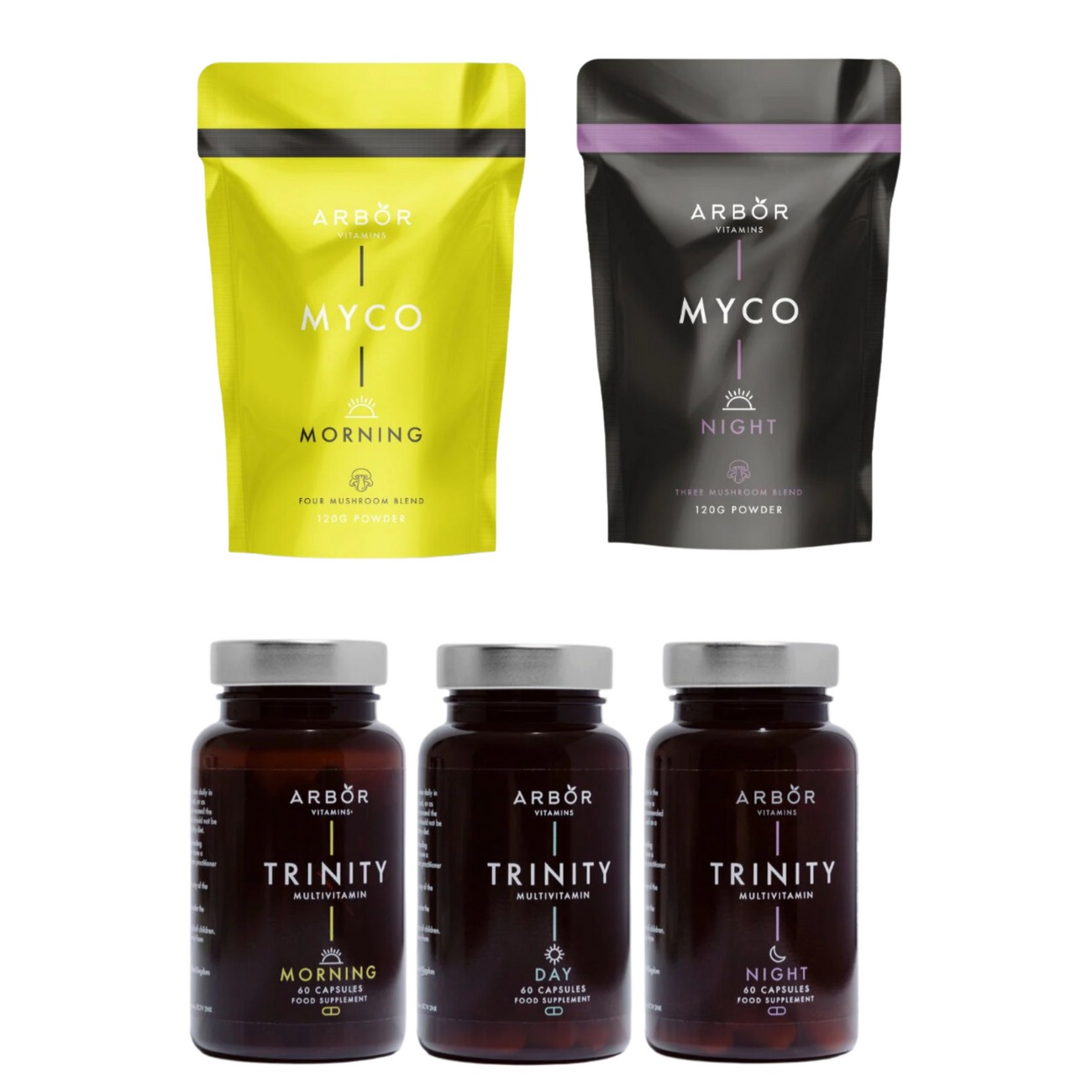In today's fast-paced world, maintaining a balanced diet rich in essential nutrients can be challenging. Multivitamins serve as a convenient solution to bridge the nutritional gaps that may arise due to dietary limitations, lifestyle factors, or specific health conditions. In this comprehensive guide, we delve into the world of multivitamins, exploring their benefits, types, ingredients, and considerations for choosing the right supplement.
Understanding Multivitamins
Multivitamins are dietary supplements formulated to provide a combination of essential vitamins, minerals, and sometimes other nutrients in a single dose. They are designed to complement dietary intake and support overall health and well-being. While multivitamins cannot replace a healthy diet, they can help individuals meet their recommended daily intake of key nutrients, especially when dietary intake is inadequate.
Key Benefits of Multivitamins
- Optimal Nutrient Intake: Multivitamins help ensure that individuals obtain adequate amounts of essential vitamins and minerals, which are vital for various physiological functions.
- Supports Immune Function: Certain vitamins and minerals, such as vitamin C, vitamin D, and zinc, play crucial roles in supporting immune function and may help reduce the risk of infections.
- Promotes Energy Production: B vitamins, including B6, B12, and folate, are involved in energy metabolism, helping convert food into energy and supporting overall vitality.
- Maintains Bone Health: Calcium, vitamin D, and magnesium are essential for bone health, and their adequate intake through multivitamins can help prevent osteoporosis and fractures.
- Enhances Cognitive Function: Some multivitamins contain nutrients like omega-3 fatty acids and antioxidants, which support brain health and cognitive function, potentially reducing the risk of age-related cognitive decline.
Types of Multivitamins
- General Multivitamins: These formulations provide a broad spectrum of essential vitamins and minerals suitable for most individuals with varied dietary needs.
- Gender-Specific: Tailored to meet the specific nutritional requirements of men and women, gender-specific multivitamins may contain varying amounts of certain nutrients like iron or folate.
- Age-Specific: Multivitamins designed for different age groups, such as children, adults, and seniors, may address age-related nutritional needs and health concerns.
- Specialized Formulations: Some multivitamins target specific health goals or conditions, such as prenatal vitamins for pregnant women, sports multivitamins for athletes, or vegan multivitamins for individuals following plant-based diets.
Key Ingredients in Multivitamins
- Vitamins: Common vitamins found in multivitamins include vitamin A, vitamin C, vitamin D, vitamin E, and various B vitamins (B1, B2, B3, B5, B6, B7, B9, B12). Each vitamin plays unique roles in maintaining health and well-being.
- Minerals: Essential minerals such as calcium, magnesium, potassium, zinc, iron, selenium, and chromium are often included in multivitamin formulations to support various bodily functions.
- Antioxidants: Antioxidant vitamins like vitamin C, vitamin E, and selenium help combat oxidative stress, reducing the risk of chronic diseases and promoting overall health.
- Omega-3 Fatty Acids: Some multivitamins contain omega-3 fatty acids, particularly EPA (eicosapentaenoic acid) and DHA (docosahexaenoic acid), which support heart health, brain function, and inflammation management.
- Herbal Extracts and Phytonutrients: Certain multivitamins may include herbal extracts or phytonutrients like green tea extract, grape seed extract, or turmeric, known for their antioxidant and anti-inflammatory properties.
Considerations When Choosing a Multivitamin
- Individual Nutritional Needs: Consider your age, gender, dietary preferences, and specific health concerns when selecting a multivitamin to ensure it meets your unique nutritional requirements.
- Quality and Purity: Look for multivitamins from reputable brands that undergo rigorous testing for quality, purity, and potency to ensure safety and efficacy.
- Bioavailability: Opt for multivitamins with forms of nutrients that are highly bioavailable and easily absorbed by the body for maximum efficacy.
- Allergens and Sensitivities: Check the ingredients list for potential allergens or sensitivities, such as gluten, soy, dairy, or artificial additives, especially if you have known allergies or intolerances.
- Dosage and Frequency: Follow the recommended dosage and frequency of the multivitamin as indicated on the label or as advised by a healthcare professional to avoid excessive intake or nutrient imbalances.
Conclusion
Multivitamins offer a convenient and effective way to ensure optimal intake of essential nutrients, supporting overall health, vitality, and well-being. By understanding the benefits, types, ingredients, and considerations associated with multivitamins, individuals can make informed choices to enhance their nutritional status and promote a healthier lifestyle. However, it's essential to remember that multivitamins are not a substitute for a balanced diet but rather a complement to support dietary intake and fill nutritional gaps. Consultation with a healthcare professional is recommended before starting any new supplement regimen, particularly for individuals with underlying health conditions or specific dietary needs. Visit the official website of arborvitamins.com

